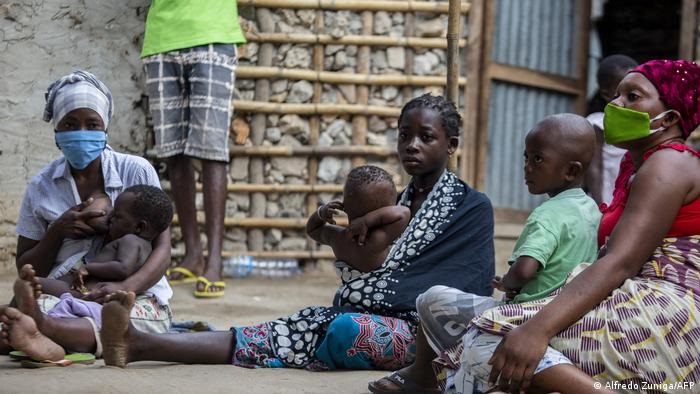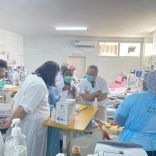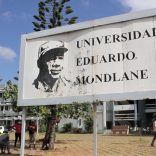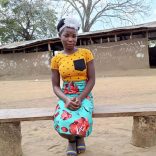Mozambique: 40 health professionals trained by Turkish Agency
Archdiocese of Nampula begins construction of 200 homes for displaced families – FIDES

File photo: DW
The March 24 attack on the town of Palma has aggravated an already serious humanitarian situation in the province of Cabo Delgado, in northern Mozambique.
Before the Palma attack, more than 696,200 people were already internally displaced in northern Mozambique. This represented an increase of some 28,000 displaced persons since the end of 2020, according to the International Organisation for Migration (IOM).
According to the IOM, some 900,000 people are expected to face a serious food crisis in Cabo Delgado, Niassa and Nampula provinces before the April-September harvest. The conflict, which causes the continuous displacement of inhabitants, has interrupted agricultural activities and paralysed markets and fishing activities, as fishing communities have been forced to take refuge far from the coast, especially in the northern districts from the province. Additionally, harvests in the coastal and inland areas of Cabo Delgado and Nampula provinces are expected to be below average due to erratic rains, abnormally high temperatures, and damage from pests such as the fall armyworm.
To accommodate internally displaced persons, the government has established a transit centre at the Pemba Sports Complex, which can accommodate about 400 people. With the arrival of several refugee boats over the weekend, the number of people in the centre has risen to 213, including the elderly, people with disabilities and pregnant women.
In addition to international organisations and civil society, the Catholic Church also participates in helping the displaced, and the Archdiocese of Nampula has launched a project to build 200 homes to house some of the thousands of displaced people currently living in tents.
The 200 families, encompassing some 3,170 people, mostly fled the March 24 attack on Palma. The town has been officially retaken by government forces from the jihadists, declared supporters of the Islamic State. But local sources report attacks in the surroundings of the city and there are even fears that the next target of the jihadists could be the city of Pemba, seat of the diocese of the same name, in whose territory Palma is located. The jihadists still control the port city of Mocímboa da Praia, seized in August last year.












Leave a Reply
Be the First to Comment!
You must be logged in to post a comment.
You must be logged in to post a comment.